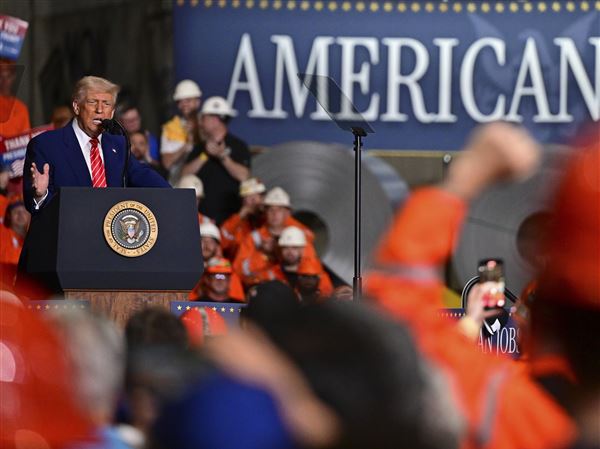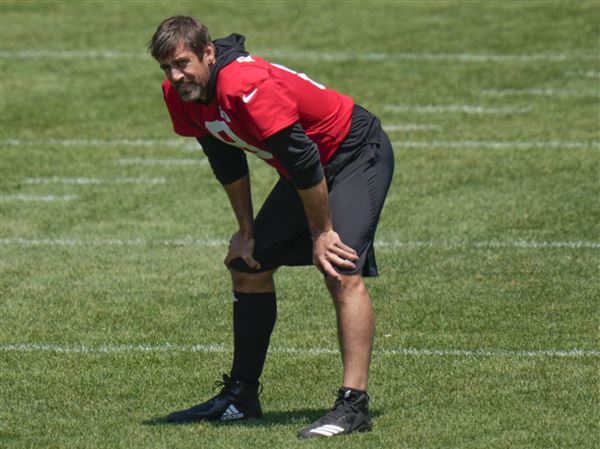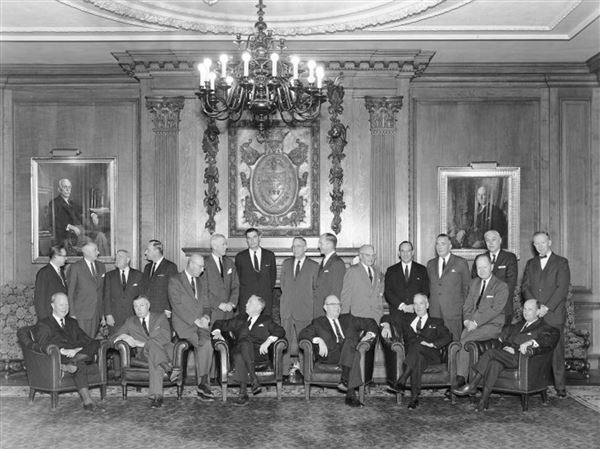WASHINGTON -- A deadline looming, President Barack Obama will meet today with congressional leaders at the White House in search of a compromise to avoid a year-end "fiscal cliff" of across-the-board tax increases and deep spending cuts.
The development capped a day of growing urgency in which Mr. Obama returned early from a Hawaiian vacation while lawmakers snarled across a partisan divide over responsibility for gridlock on key pocketbook issues. Speaker John Boehner called the House back into session for a highly unusual Sunday evening session.
Adding to the woes confronting the middle class was a pending spike of $2 per gallon or more in milk prices if lawmakers failed to pass farm legislation by year's end.
Four days before the fiscal deadline, the White House disputed reports that Mr. Obama was sending lawmakers a scaled-down plan to avoid the tax increases and spending cuts. Administration officials confirmed the White House session today in a bare-bones announcement that said the president would "host a meeting."
An aide to Senate Minority Leader Mitch McConnell, R-Ky., said the senator "is eager to hear from the president." A Boehner spokesman said in a statement that the speaker would attend and "continue to stress that the House has already passed legislation to avert the entire fiscal cliff, and now the Senate must act."
While there was no guarantee of a compromise, Republicans and Democrats privately said elements of any accord would likely include an extension of middle-class tax cuts with increased rates at upper incomes, as well as cancellation of the scheduled spending cuts.
An extension of expiring unemployment benefits, a reprieve for doctors who face a cut in Medicare payments and possibly a short-term measure to prevent dairy prices from soaring could also become part of a year-end bill, they said. That would postpone politically contentious disputes over spending cuts for 2013.
Top Senate leaders said they remain ready to seek a last-minute agreement. But far from conciliatory, the rhetoric was confrontational and at times unusually personal.
Senate Majority Leader Harry Reid, D-Nev., accused Mr. Boehner of running a dictatorship, citing his refusal to call a vote on legislation to keep taxes steady for most, while letting them rise at upper incomes. The bill "would pass overwhelmingly," Mr. Reid predicted, and said Mr. Boehner won't change his mind because he fears that it might cost him re-election as speaker when the new Congress convenes next week. Mr. Boehner seems "to care more about keeping his speakership than keeping the nation on a firm financial footing," he said in Senate floor remarks.
A few hours later, Mr. McConnell expressed frustration and blamed the standoff on Mr. Obama and the Democrats. "Republicans have bent over backwards. We stepped way, way out of our comfort zone," he said, referring to GOP offers to accept higher tax rates on some taxpayers. "We wanted an agreement, but we had no takers. The phone never rang, and so here we are -- five days from the new year -- and we might finally start talking," he said.
Addressing the GOP rank-and-file by conference call, Mr. Boehner said the next move is up to the Senate, which has yet to act on House-passed bills to retain the expiring cuts at all income levels and replace across-the-board spending cuts with targeted savings aimed largely at social programs. "The House will take this action on whatever the Senate can pass -- but the Senate must act," he said, according to a call participant.
Mr. Boehner told Republican lawmakers that the House would convene Sunday evening. Rep. Tom Cole, R-Okla., an ally of the speaker, quoted him as having said "he didn't really intend to put on the floor something that would pass with all the Democratic votes and few of the Republican votes."
The risk of higher milk prices stems from the possibility that existing farm programs will expire at year's end, and neither chamber of Congress has scheduled a vote on even a temporary extension to prevent a spike. There have been unverified estimates that the cost to consumers of a gallon of milk could double without action by Congress.
The president flew home from Hawaii overnight after speaking with top congressional leaders from his vacation site. Before leaving the White House last Friday, the president had called upon lawmakers to pass scaled-down legislation that prevents tax increases for the middle class, raises rates at upper incomes and renews expiring unemployment benefits for the long-term jobless.
Failure to avoid the fiscal cliff doesn't necessarily mean the tax increases and spending cuts would become permanent because the new Congress could pass legislation cancelling them retroactively after it begins its work next year.
First Published: December 28, 2012, 5:00 a.m.















